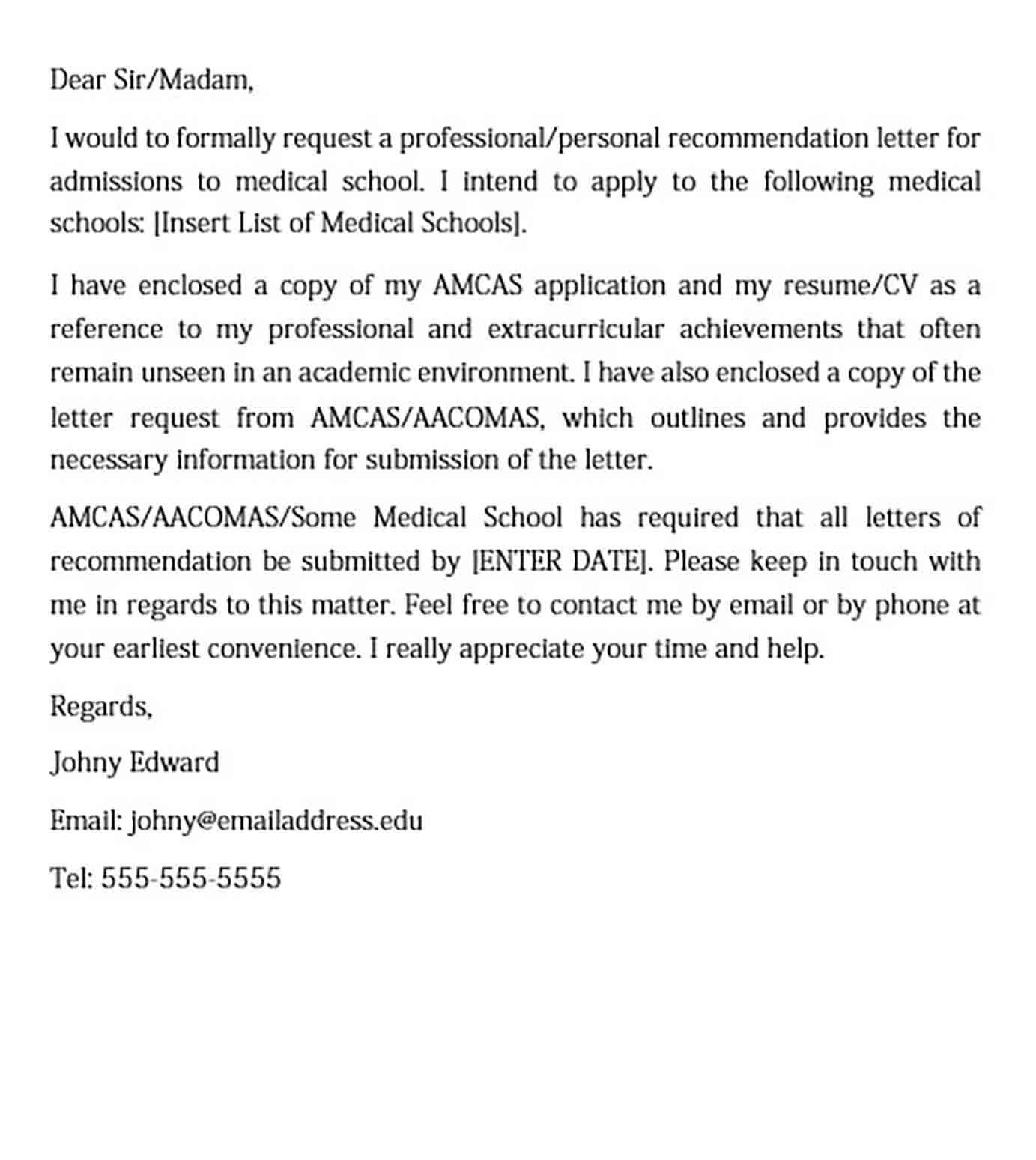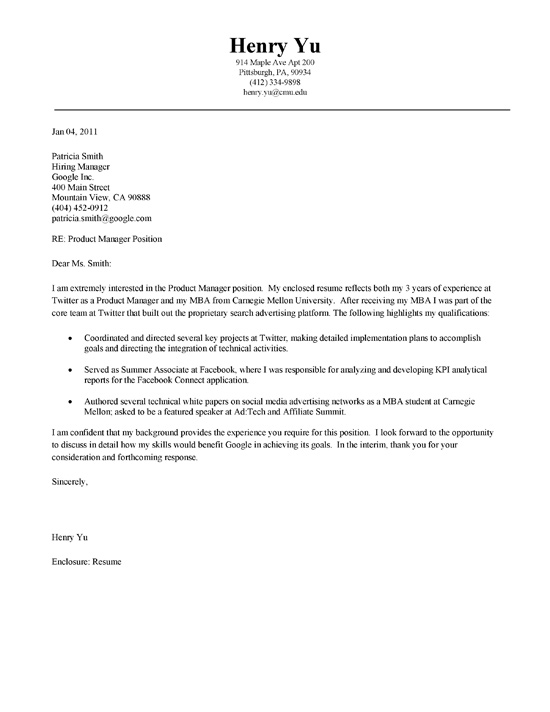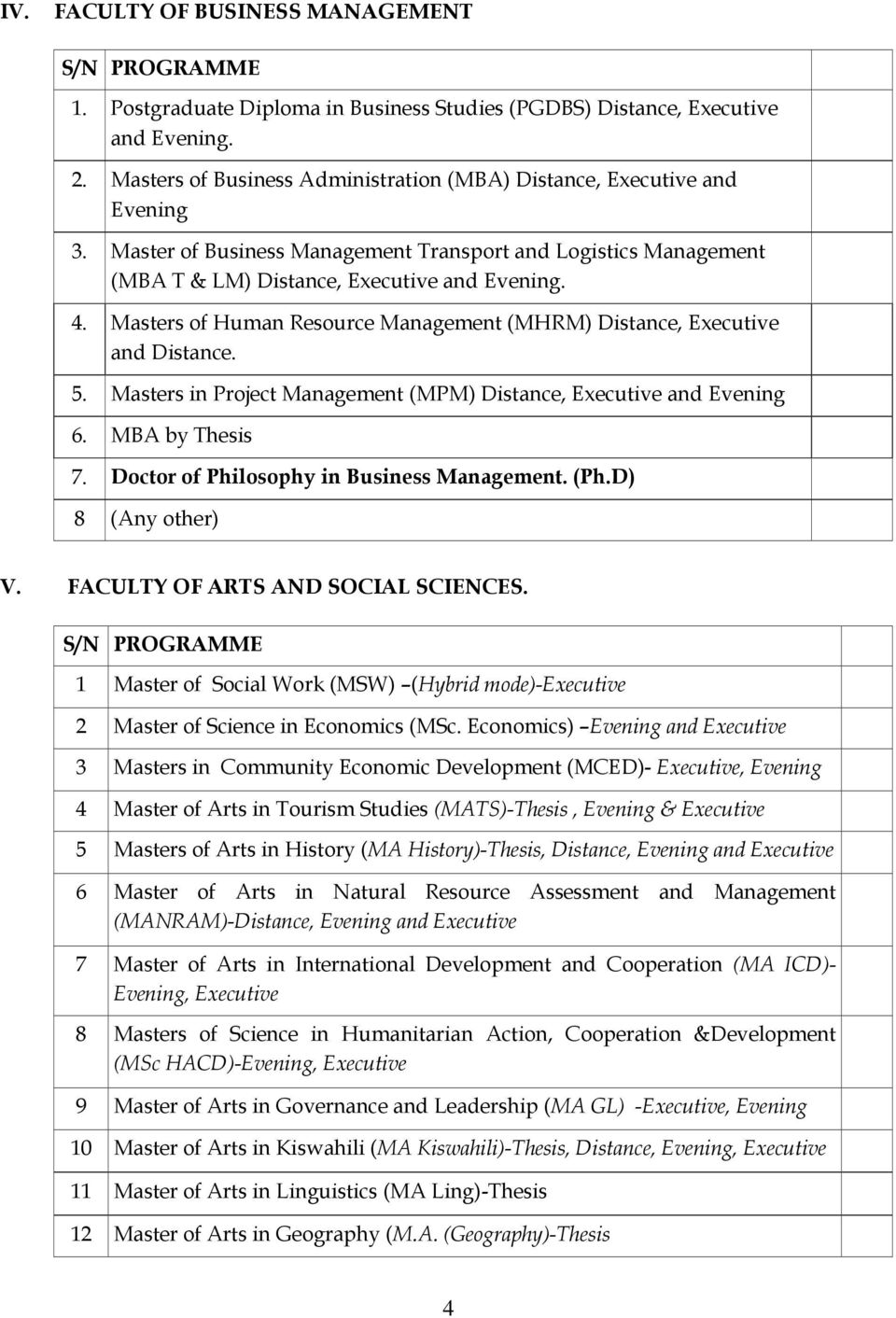Dispositions to the Will - Law Teacher.
The Primary Significance Of Thorner V. Major Lies In The House Of Lords’ Affirmation Of “The Beneficial Principle Of Proprietary Estoppel” And The Confirmation That The Principle Has Not Been Emasculated By The Decision In Yeoman’s Row V. Cobbe.’ (William Hensen No 5 Chambers).Additionally, the beneficiary principle can be seen as a catalyst for the express specification of the reasons for creating a trust. This therefore means that the beneficiary principle is an important tool to ensure that trusts are created for legal purposes and for purposes that will be of benefit to some kind of people in the society.The Beneficiary Principle A. THE BENEFICIARY PRINCIPLE General rule- a trust generally needs human beneficiaries unless it’s a Charitable Trust or a trust for purposes.
A trust is an obligation which binds a person (or persons) to deal with property for the benefit of beneficiaries or for a charitable purpo. LawTeacher FREE Free law study resources.The beneficiary principle must be complied with in order for Tom’s disposition to create a valid trust as if it is not the courts will strike it down as a non-charitable purpose trust. At this point it is necessary to attend to the ways in which the beneficiary principle can be circumvented, in particular what are known as anomalous exceptions.

All law schools have explicit criteria regarding what constitutes a first class essay, an upper second, a lower second, and so on, and these may differ superficially However, there is an overwhelming consensus regarding what is required to achieve a high mark in a law essay, whether as an assignment or an exam.












